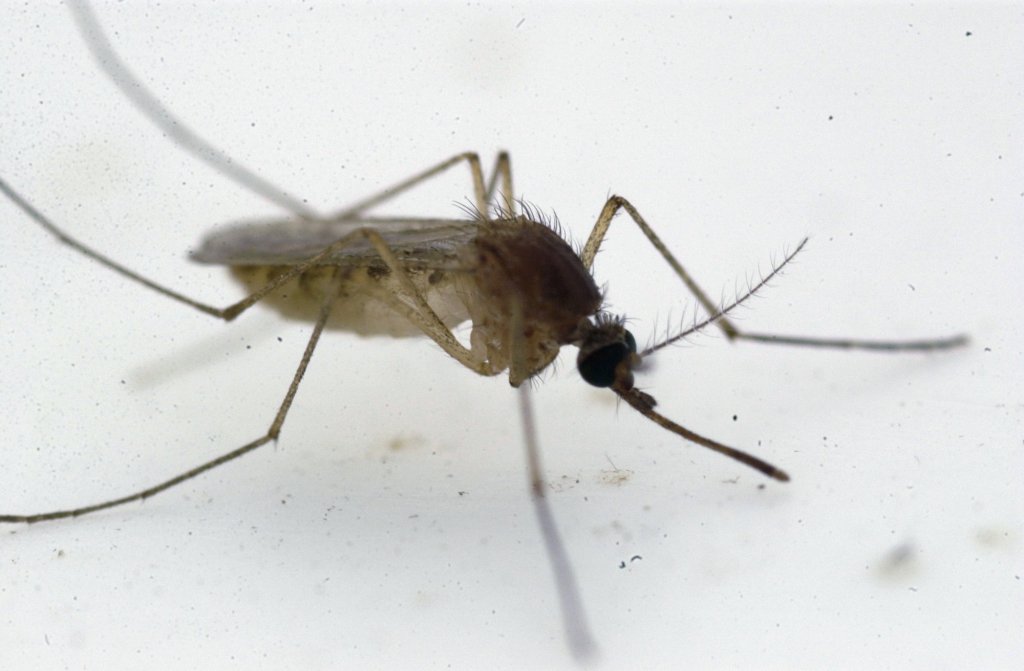Illinois’ first human case of West Nile virus this year was identified in suburban Cook County, the state’s Department of Public Health announced Wednesday.
The mosquito-borne illness typically causes fever, headaches, body aches, vomiting and diarrhea, according to the Centers for Disease Control and Prevention.
There are no vaccines or medicines, so avoiding mosquito bites is the best way to reduce risk.
“In light of this new West Nile virus case, we’re emphasizing that all Cook County residents take precautions, especially at dawn and dusk, when mosquitoes are most active,” said Dr. Rachel Rubin, senior medical officer at Cook County Department of Public Health, in a statement to the Tribune.
The state and county health departments encourage people to ensure doors and windows have tight-fitting screens or are shut; avoid or refresh standing water such as bird baths and ponds; wear light-colored, long shirts and pants; and apply an EPA-registered insect repellent.
“Summer in Illinois means mosquitoes, and these mosquitoes increase our risk of contracting vector-borne illnesses like West Nile virus,” said Illinois Department of Public Health Director Dr. Sameer Vohra in a news release.
Mosquito season in Illinois typically starts in spring and runs through the first hard frost in autumn, according to the University of Illinois Urbana-Champaign.
The infected individual, who is in their 60s, began feeling symptoms in mid-June. Last year’s first confirmed case occurred in late June.
The virus has already been reported among birds and mosquitos in 33 countries this year. Mosquitoes contract the virus by feeding on an infected bird. The first-ever cases in Illinois were identified in two dead crows in the Chicago area in September 2001. The state’s first human cases and deaths were recorded the following year. With 884 cases and 66 deaths, it reported more West Nile virus cases than any other state in 2002. Cases and deaths tempered in 2003 and following years.
Last year, human cases in Illinois spiked relative to recent years, according to an Illinois health department dashboard. There were 119 cases in 2023, compared with 33 in 2022 and 64 in 2021. Case counts are likely deflated, however, since 4 out of 5 people will not show symptoms.
Individuals who are immunocompromised or older than 50 are at higher risk for more severe complications, including brain infections and paralysis. But, death is rare. Despite more cases being reported last year, fatalities hovered between five and seven per year from 2021 to 2023.
Milder winters, earlier springs, longer and warmer summers and more rainfall caused by climate change could increase the prevalence of West Nile virus in the coming years, according to the U.S. Department of Health and Human Services. The CDC and National Atmospheric Oceanic Administration are developing models to forecast how changing weather patterns will affect virus prevalence.
The Illinois health department will continue monitoring cases across the state on this dashboard.
Originally Published:
